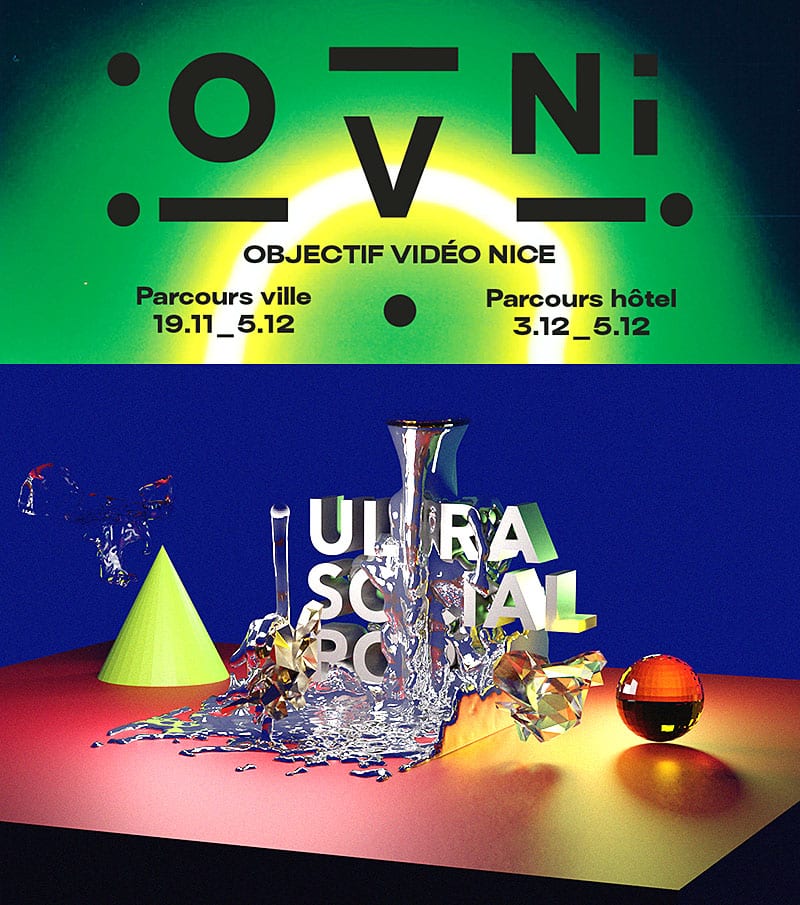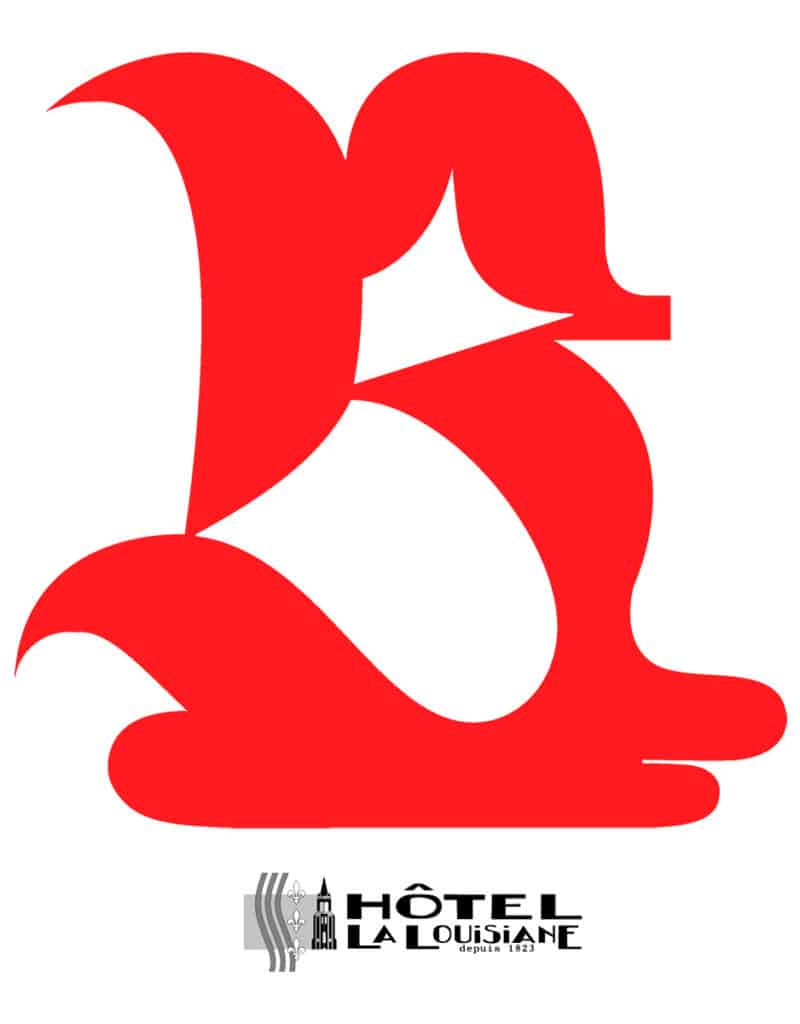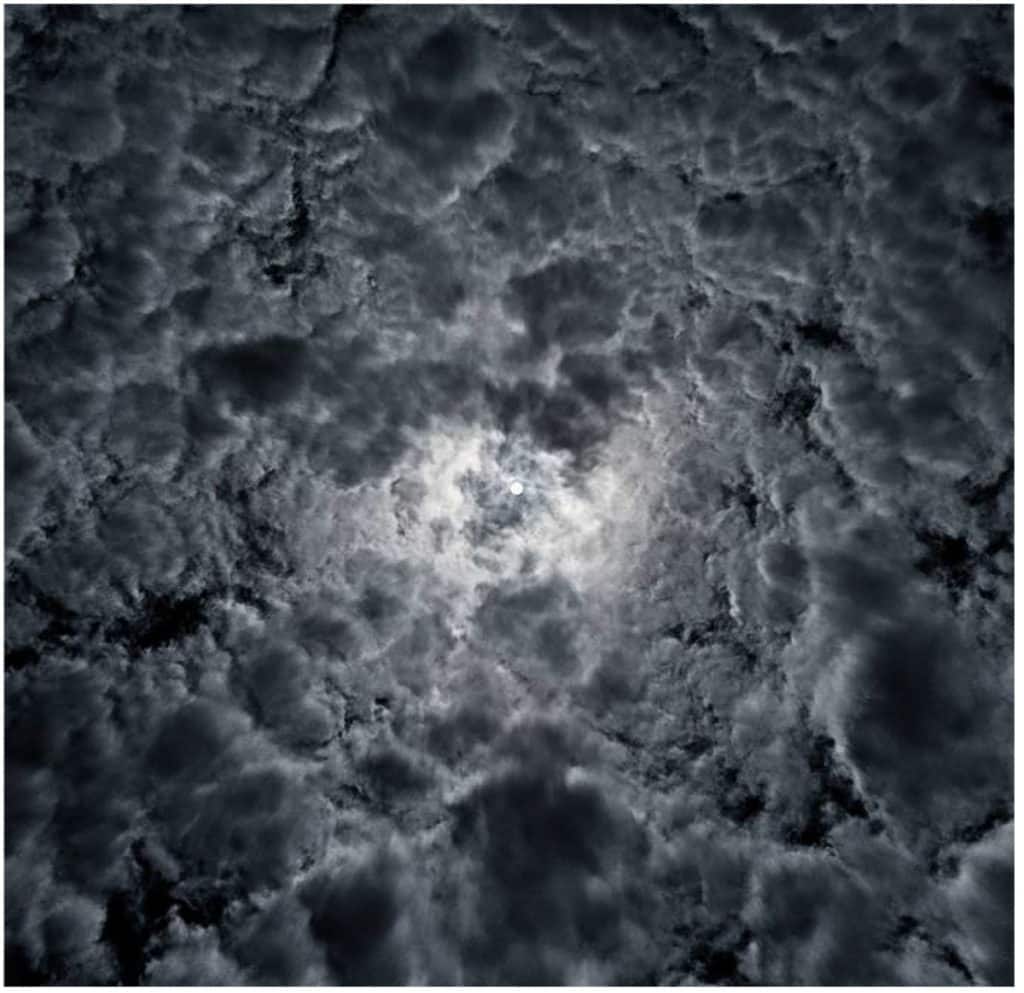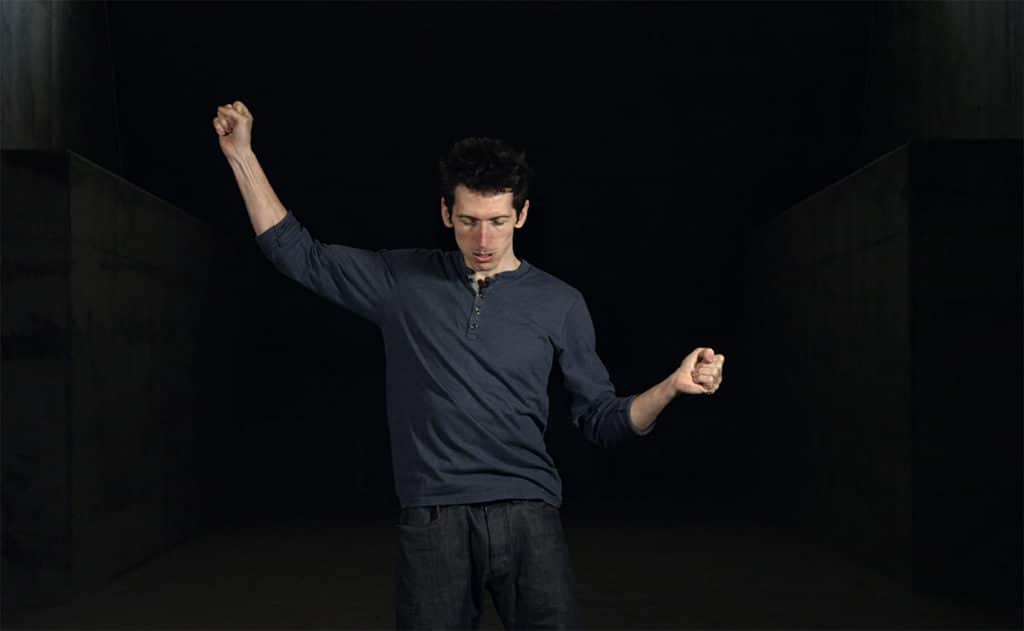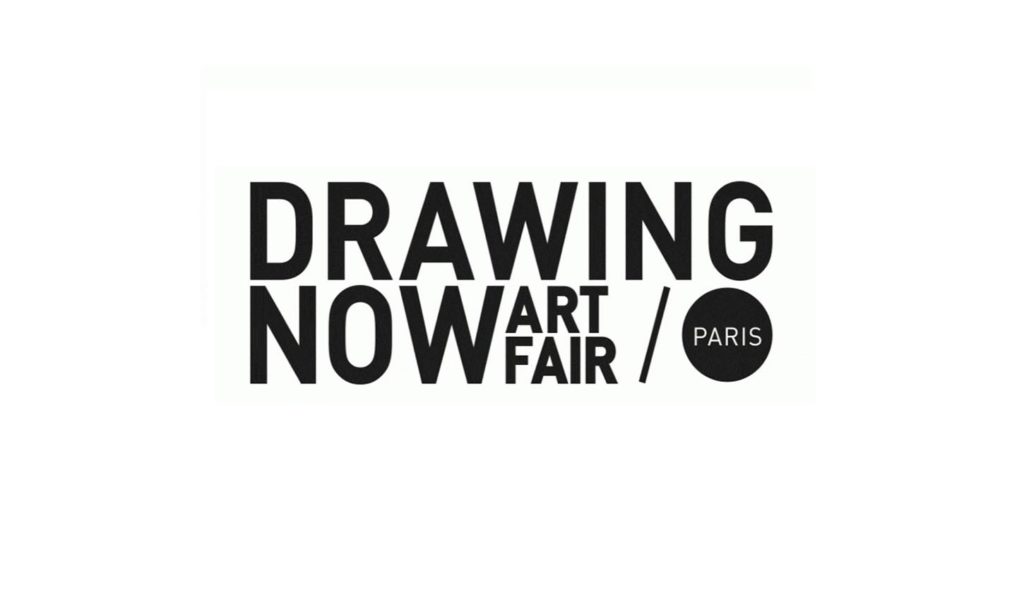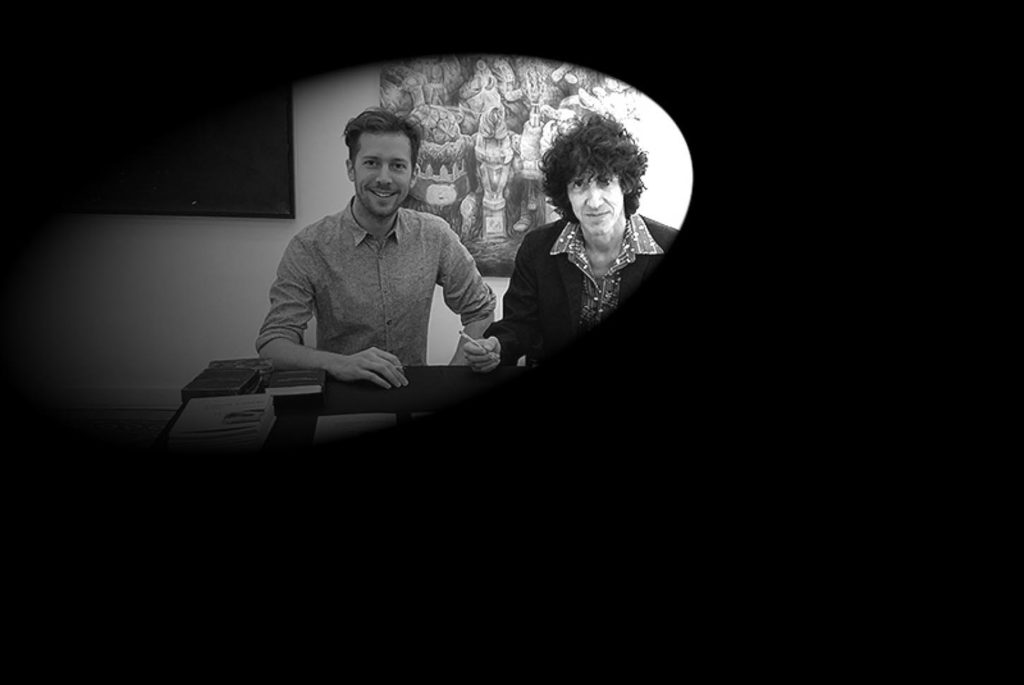For this year’s UFO in the City tour, the gallery Espace à Vendre is offering the video Ultrasocial Pop, in the showroom, by Filip Markiewicz from November 20 to December 4.
Luxembourgish artist, Filip Markiewicz represented Luxembourg at the 2015 Venice Biennale.
Free admission
Filip Markiewicz
Ultrasocial Pop
4k video 12 min 2021
Filip Markiewicz produces a work that invests as much in the field of visual arts as in that of music (he founded his musical project Raftside in 1999), performance or theater. This diversified approach to forms of artistic expression is also reflected in the materials and techniques used by the artist, who embraces both the most recent innovations in the production of images or objects, such as digital animation, and traditional techniques such as oil painting or bronze sculpture. Through this experimental mix and critical observation, Filip Markiewicz seeks to deconstruct the mechanics of the capitalist spectacle, not to make it give up, but to apprehend it in its complexity and contradictions.
An agitator rather than a rebel, the artist, in an approach that combines Dadaist irreverence with Warholian obsession for the media image, paints a portrait of our contemporary consumerist and hyperconnected societies, described as “!liquid!” by the sociologist Zygmunt Bauman1.
At the turn of the century, he pointed out the structural instability generated by this addiction to permanent change. At a time when its dematerialization is accelerating with the global pandemic of Covid-19 and when a passage of our world from a liquid state to a gaseous state seems to be announced, Filip Markiewicz nevertheless endeavors to produce solidified artistic forms, tangible objects that carry and reveal, in the manner of geological strata, the various states that the constant flows of exchanges and virtualization imprint on our existences.
In his installations, Filip Markiewicz stages a gallery of real or fictitious characters – politicians, movie stars, everyday or comic book heroes – “who play the main roles in a world turned upside down, in the Debordian sense2. Filip Markiewicz’s installations juggle with the pretence of these superficial images. By pointing out the reification of existential and philosophical values in order to turn them into consumer products, his work contributes to a confrontation between life and its commodification. In this study, the work of art takes on a particular importance since it is a social object of important exchanges, carrier of a cultural and intellectual capital convertible – since it is a merchandise – “in movable capital.
Seeking to expose the manufacturing process of a work, its materiality and its valorization, the scenic devices of Filip Markiewicz recall those of the contemporary art fairs, these places of trade where the value of the product is indexed to the symbolic power which is more or less granted to him. But if he exposes the mechanics, the artist does not renounce the seductive character of any construction game. The language and the writing open here a space of the possible ones and, under multiple forms – “quotation, slogan, maxim, aphorism” – “, Filip Markiewicz plays some.
This is evidenced by the enigmatic title of the project he has been pursuing for over a year and presented at Mudam (Musée d’art moderne du Luxembourg) in 2011: Ultrasocial Pop. Its scansion sounds like a borrowing from the language of the entertainment industry. But in a world that sees the birth of NFT (non-fungible token) and that by an amazing shortcut makes a tweet a work of art, what meaning do these words cover! Extremism, populism, pop culture, social”? One thing is certain: Ultrasocial Pop is plurivocal, like the entire work of Filip Markiewicz. Filip Markiewicz was born in 1980 in Esch-sur-Alzette, Luxembourg. He lives and works in Luxembourg and Hamburg.
Text by Clément Minighetti
Catalog of the exhibition “Freigeister” Mudam Luxembourg
1. Zygmunt Bauman, La société assiégée, translation by Christophe Rosson, Paris, Hachette littératures, 2007.
2. « »Dans le monde réellement renversé, le vrai est un moment du faux »», Guy Debord, La société du spectacle [1967],
Paris, Gallimard, 1992.



